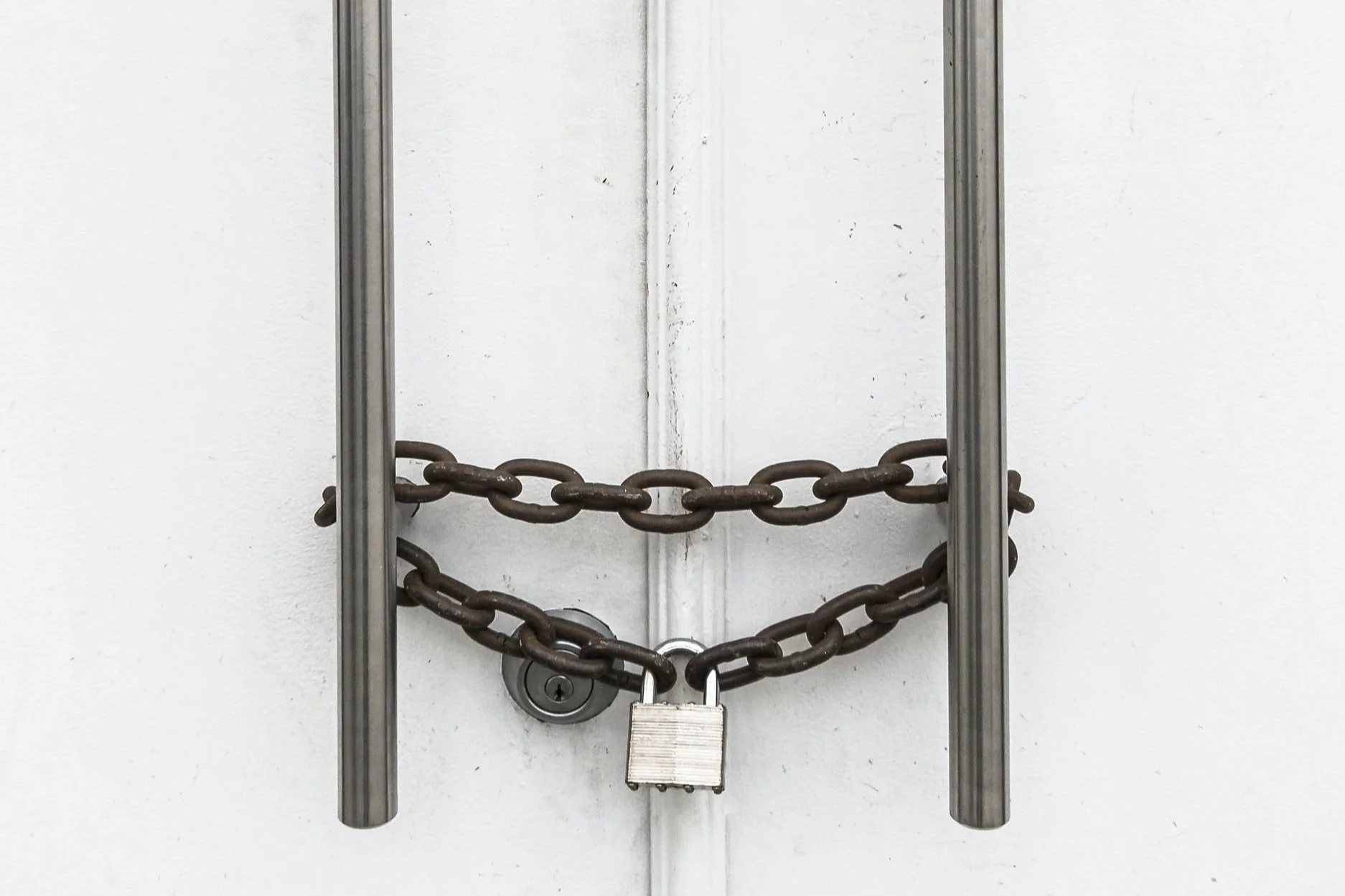Understanding Spoliation in South Africa: A Comprehensive Guide
Spoliation is a legal concept that is becoming increasingly important in South Africa. It refers to the wrongful deprivation of possession of property, without the owner's consent. Spoliation can have serious legal implications for both parties involved and it's important to understand the concept and its consequences. In this blog post, we'll discuss everything you need to know about spoliation in South Africa, its definition, examples, and legal implications and how it can affect your property rights.
What is a Mandament van Spolie?
Spoliation is the wrongful deprivation of another’s right of possession. The mandament van spolie or ‘spoliation order’ is a common-law remedy available in South Africa and its purpose is to prevent people from taking the law into their own hands i.e. self-help. In South Africa, the law requires a person or entity to approach a court for assistance to promote the rule of law and to serve as a shield against cases of ‘self-help’.
Spoliation can occur in a variety of contexts, including landlord-tenant disputes, disputes over access to property, and disputes over ownership of property.
Legal Implications of Spoliation
Spoliation can have serious legal implications for both parties involved. The person who is wrongfully deprived of possession of their property has the right to take legal action to recover their property. This can involve filing a spoliation application with the court, which seeks to have the property returned to its rightful owner.
On the other hand, the person who is alleged to have committed spoliation can face legal consequences, including fines or even criminal charges. It's important to note that spoliation is considered a serious offense in South Africa, and can have significant legal and financial implications.
How to Protect Your Property Rights in Case of Spoliation
If you believe that you have been the victim of spoliation, it's important to take action to protect your property rights. This can include:
Contacting an Attorney: Contact an attorney who specializes in property law to discuss your legal options.
Filing a Spoliation Application: If you believe that you have been wrongfully deprived of possession of your property, you can file a spoliation application with the court to seek the return of your property.
Documenting the Spoliation: Document any evidence of spoliation, including photographs, videos, and witness statements.
Taking Preventative Measures: Take preventative measures to protect your property rights, such as installing security cameras, hiring a security guard, or securing your property with locks and fences.
What is a Spoliation Application?
A spoliation application is an application that is made to Court of competent jurisdiction to have a person or entity’s possession immediately restored where the person or entity had enjoyed peaceful and undisturbed possession of something has their possession removed without due legal process (i.e. a court order).
A spoliation application does not require proof of an applicant’s existing right to property, but rather the possession of the property to grant the relief sought. The remedy for spoliation is preliminary to any investigation into the merits of the dispute (i.e. it provides for interim relief), pending a final determination of the parties’ respective rights.
Spoliation applications can potentially be brought where a tenant’s access to a leased premises is removed without a court order or where a landlord disconnects the electricity supply to a leased premises thereby denying the tenant use of the premises.
Spoliation Requirements Explained
In order to succeed in obtaining a spoliation order, a person wishing to bring a spoliation application has to prove that they were:
in peaceful and undisturbed possession; and
unlawfully deprived of that possession.
An important question that has to be asked is whether or not the person deprived of possession consented to such dispossession. Dispossession can take place via force, threat of force, stealth, deceit, theft or without consent. If consent to the dispossession was given freely and voluntarily then the dispossession will be lawful and if not, then the dispossession will be unlawful.
Conclusion
Spoliation is a serious offense in South Africa, and can have significant legal and financial implications for both parties involved. It's important to understand the concept of spoliation, its definition, examples, and legal implications, and how it can affect your property rights. If you believe that you have been the victim of spoliation, take action to protect your property rights, including contacting an attorney, filing a spoliation application.
If you need assistance with a property dispute matter, contact our offices today to schedule a consultation with one of our specialist property law attorneys. Alternatively, you can schedule a consultation online by using the following link Book An Online Consultation.

